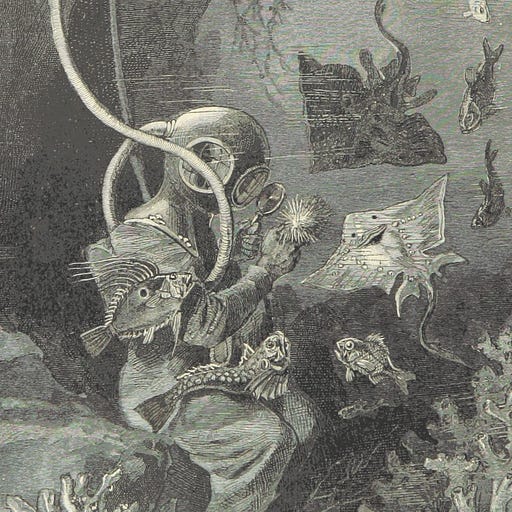NeuroDiving: a Show about Neurodivergence and Philosophy
NeuroDiving is a new philosophy podcast, radio-quality in its production, about neurodivergence.

Created and hosted by Amelia Hicks (Kansas State) and Joanna Lawson (Oklahoma State), NeuroDiving has just begun its first season, which is focused on autism.
Its first episode is on the contentious state of autism research, and features an interview with Chloe Farahar.
Professor Hicks writes:
The following four episodes focus on the myth that autism is a “theory of mind deficit.” We investigate where the concept of “theory of mind” came from, how the “theory of mind deficit” view of autism has affected autistic people, what went wrong with the scientific research that was used to support this myth, and how we can improve autism research by reflecting on the values that drive scientific practice. Other guests on Season 1 include Daniel Dennett, Tobi Abubakare, Travis LaCroix, Joe Gough, Heidi Maibom, and Ryan Althaus.
She adds that the podcast “will be of interest to people who want to learn more about neurodivergence, philosophy, and the social sciences. And it might be a useful teaching resource for some of your readers.”
You can listen to a trailer for the show here.
The program is in part the product of training provided by the Marc Sanders Philosophy in the Media Initiative.


As a philosophy researcher with high-functioning autism spectrum disorder, I can confirm that I am fully “theory of mind” competent. I simply have little to no interest in the contents of most other people’s minds.
I have worked as a senior executive in various national financial institutions over the last 20 years also with high functioning ASD and I can confirm I’m 100% interested in not just the contents of most other people’s minds, but how those contents get their and how they are shaped by our experiences.